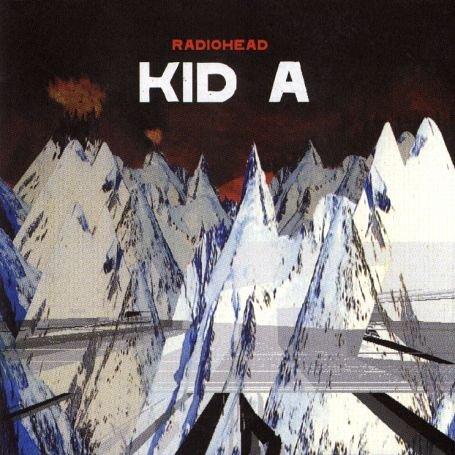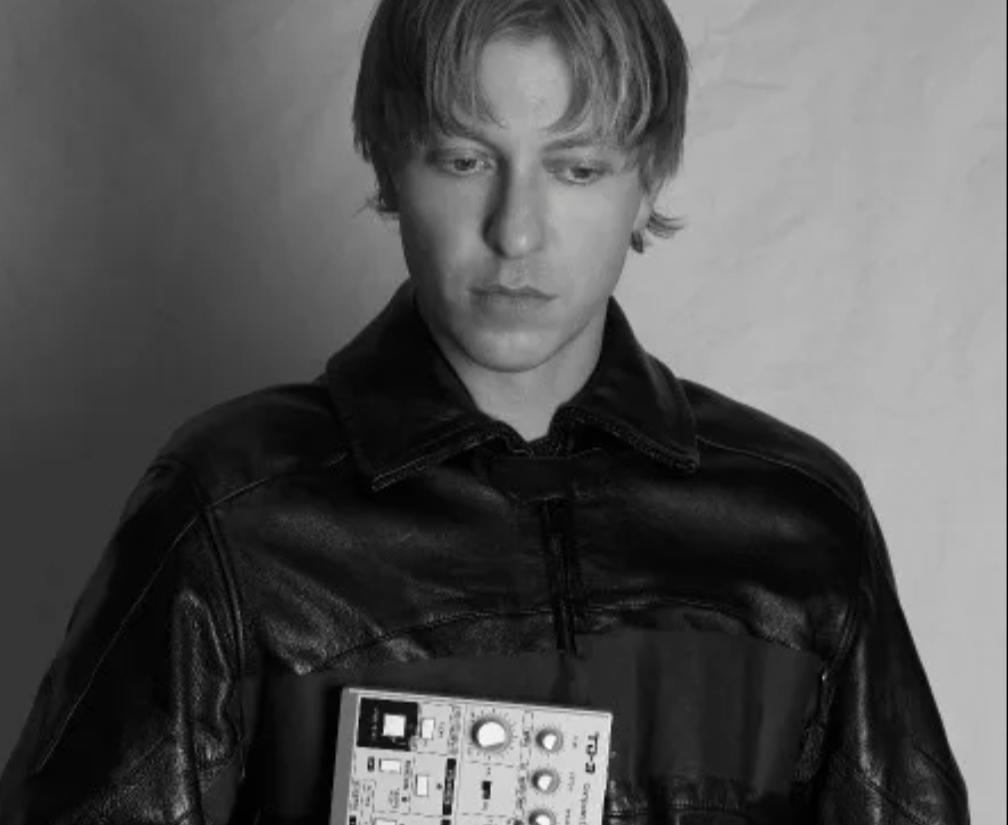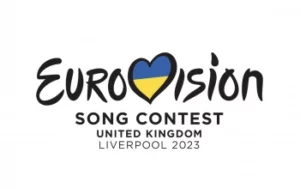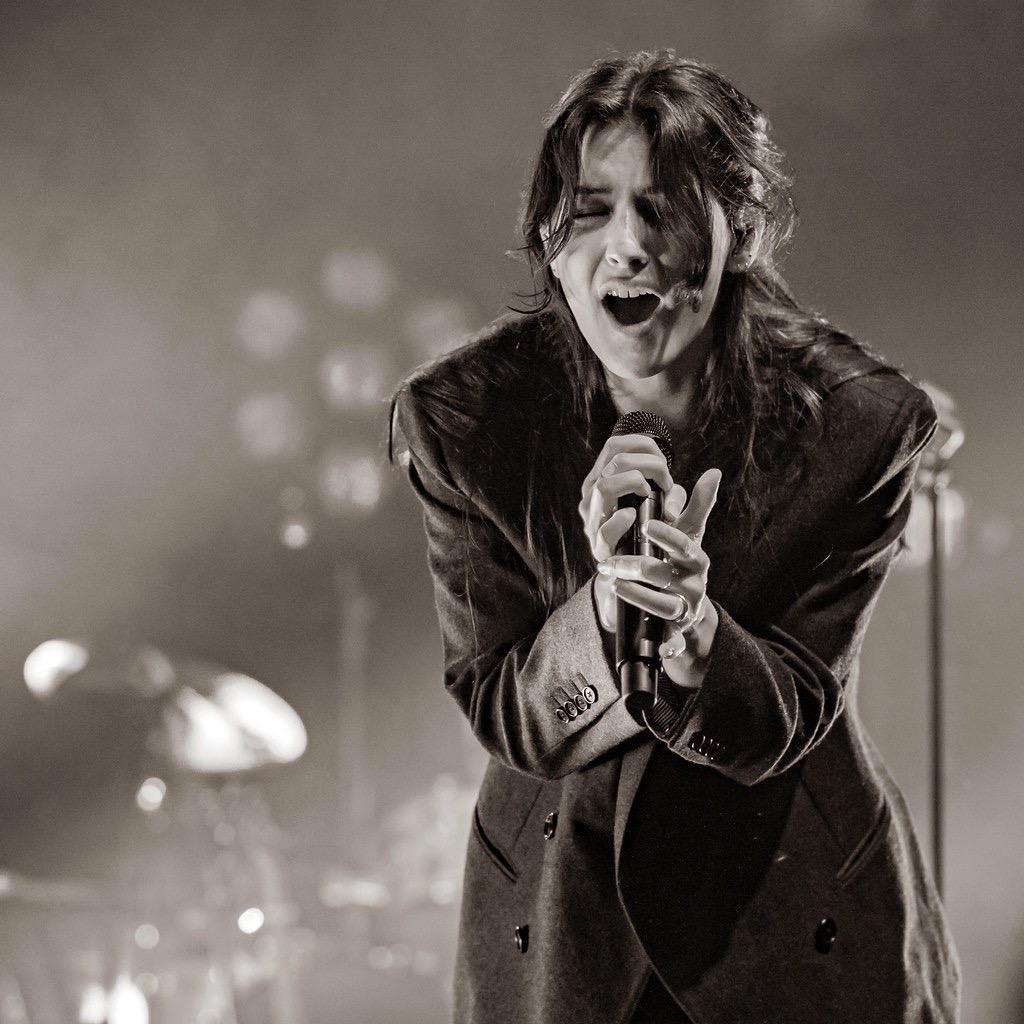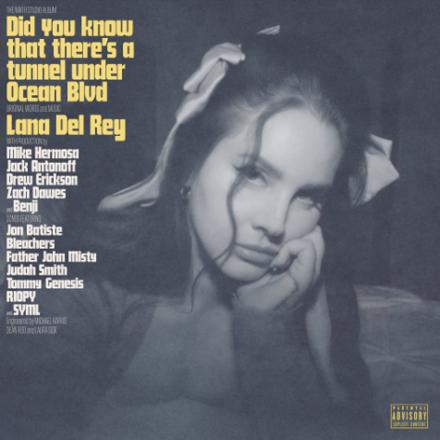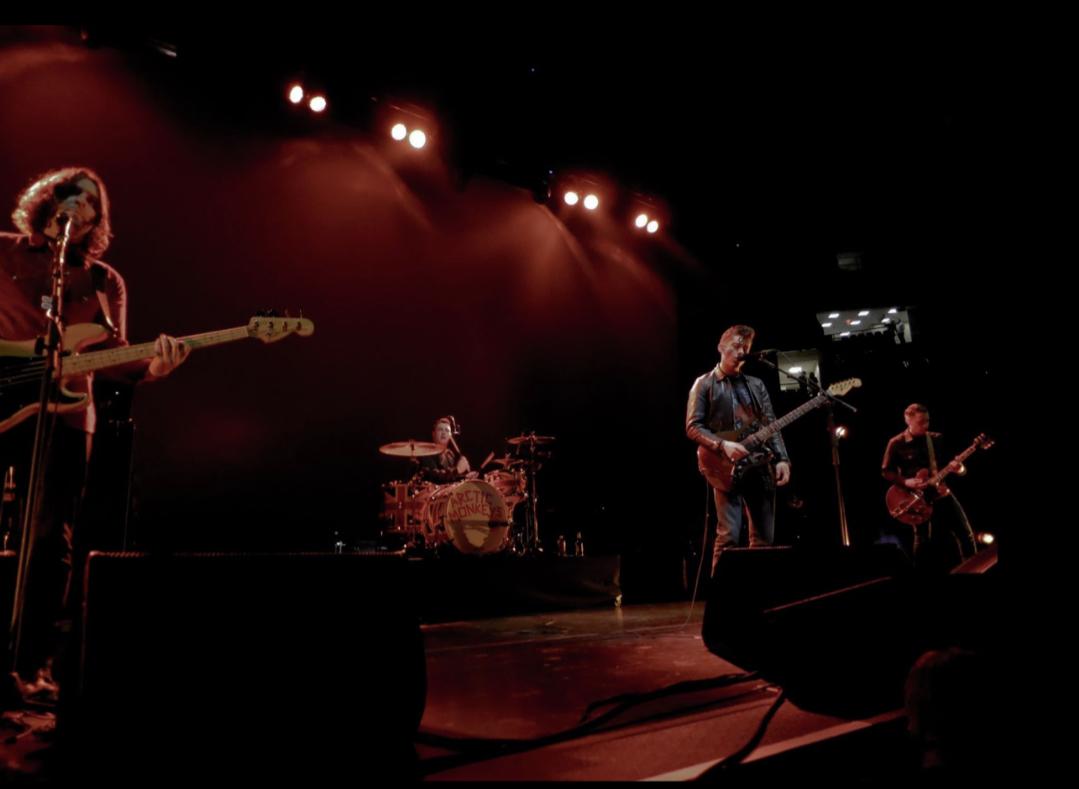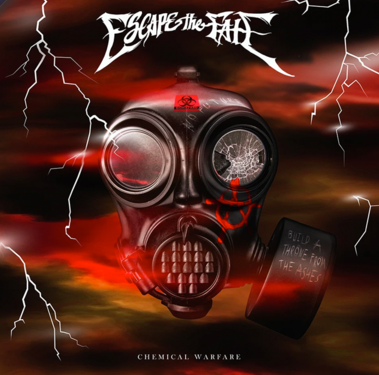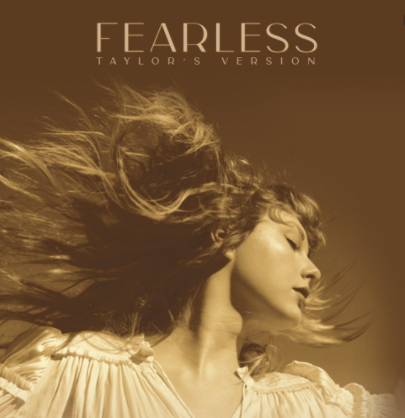Kid A by Radiohead
Opinions belonging to Luke Hobika
Best tracks: “The National Anthem;” “How To Disappear Completely;” “In Limbo;” “Idioteque”
Worst tracks: “Treefingers”
Lately, the human population of the planet has been growing exponentially. The escalating density of individuals on Earth would seem to suggest a decline in loneliness experienced by individuals since there are more people to interact with. While it may be perceived that a growing population encourages greater interaction and unity, depression still swallows the lives of some people, even those highly regarded by the public.
The style of sound presented on the first three albums by Radiohead, an acclaimed British rock band, mirrored the grunge-infused tones of other rock artists at the time, making the band just another fish in the pond. Leading up to the release of Kid A, the fourth studio album by the band, lead singer Thom Yorke found himself a victim of depression. During this period of sadness, Yorke experienced writer’s block and instances of isolation, despite the band’s overwhelming acknowledgment from the public. Along with Yorke, leading guitarist Jonny Greenwood, bassist Colin Greenwood, backing vocalist Ed O’Brien, and drummer Philip Selway described this time as a “burnout” for the band. The members desired to stand out as an anomaly in not only the rock genre but the music industry, a goal they pursued on Kid A.
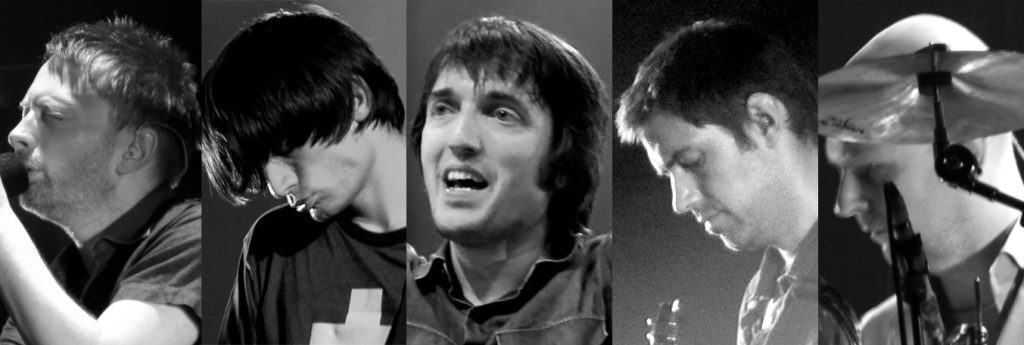
Kid A is not a stereotypical rock album. Kid A is not a ploy for chart success. Kid A is not like any other musical work to have been released prior to the year 2000. Kid A is its own style of music, allowing for the vocals and instrumentals to complement each other in order to evoke the intense emotion intended by the artists.
A part of Yorke’s mindset during his period of depression questioned both the deteriorating quality of his life as well as the waning quality of the world. He enforces this idea by having it hold up the thematic structure of Kid A. Throughout the album, the abstract lyrics (obtained by cutting up and randomly selecting pieces of paper with phrases written on them) that are voiced by Yorke create a sense of vagueness and confusion in interpreting the underlying meaning of each track. No matter the listeners’ interpretations of the lyrics of a song, the common themes all fall along the lines of the unpromising outlook life grants us. Most notably, the first verse of “In Limbo” showcases the unknowingness associated with some of life’s decisions and its impact on the deterioration of the reliability of some relationships with. On the track, Yorke lethargically manages to breath out, “I’m on your side/Nowhere to hide/Trap Doors that open/I spiral down.” Ultimately, Yorke is guaranteeing someone that he shows empathy for them, but will not devote himself to that person because of the unknowing threats that may spawn in the future. Human dynamic is further examined on “Morning Bell,” which recognizes the need of people for people. However, humans will continue to dismiss the additional burden that comes with caring for others. Additionally, Yorke criticizes economic matters such as monopolies on tracks like “Optimistic” (“The big fish eat the little ones”). Additionally, he continues on this trend with discussing the bias influence of the media on tracks such as the atmospheric “Kid A” (We’ve got heads on sticks/You’ve got ventriloquists”). Eventually, this notion of the uncertainties in life is expanded upon with the discussion of depressive attitudes given rise to through the inability to connect with others. Arguably the most emotional and potent song on the album, “How To Disappear Completely,” depicts Yorke at his most dejected. His tranquil, desperate vocals and lyrics of rejecting his own existence imply the stage of severe sadness where suicide is seen as a solution in an individual’s mind. As intensive as these topics may sound, the striking production choices only add to the fervor of Yorke’s personal messages.

While Yorke’s distressing messages reflect those he has somewhat confidence in sharing, the desolate, spacey, electronic production style reveals the internal emotions of sorrow that gradually prevail over Yorke’s way of life. The band incorporates brittle piano chords, echoing guitar riffs, and hollow drum patterns into this album in order to satisfy the overwhelming notion of loneliness that prevails over the listener. The surrendering of Yorke on “How To Disappear Completely” concludes with the sound of forceful stringed instruments swallowing the volume of Yorke’s hollow vocals like a riptide would pull in a vulnerable swimmer. In other instances, the punchy guitar riffs on tracks like “The National Anthem” and “Optimistic” compliment the songs’ aggressive concerns regarding contemporary societal and political issues. The skeletal and hollow percussion for the instrumental of “Idioteque,” along with Yorke’s equivocal lyrics, foreshadows the looming future that is inevitable if humankind is to continue along with its deleterious habits. The mutualistic link between Yorke’s sensitive meanings and Kid A’s isolated sound elicit the struggles we are afraid of encountering or even admit to ourselves.
Like the perpetual extent of space, no matter how far a listener explores into this innovated album there will always be another conception to stumble on.
But that’s just my opinion.





























